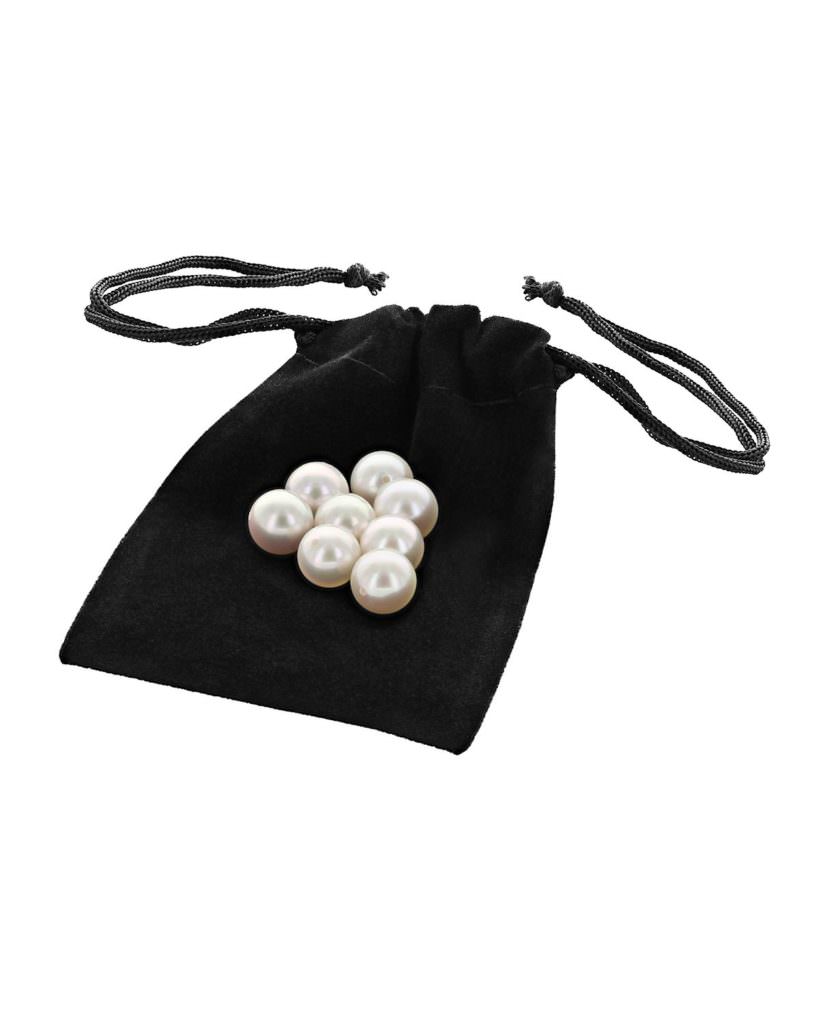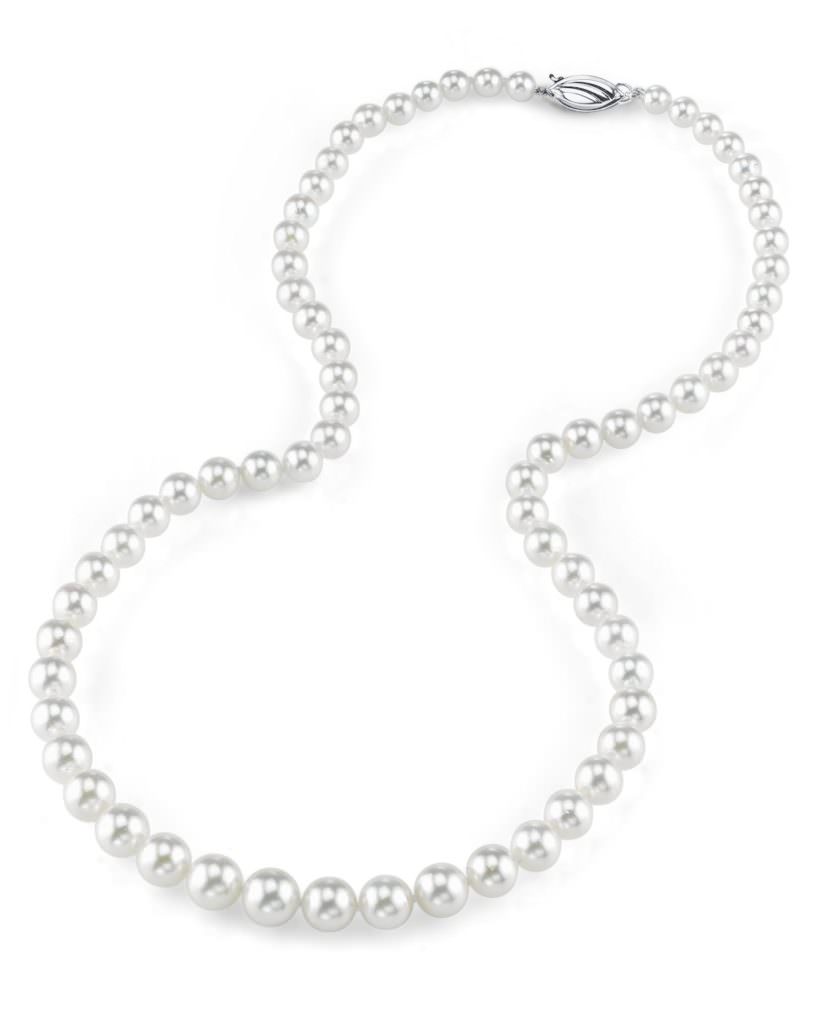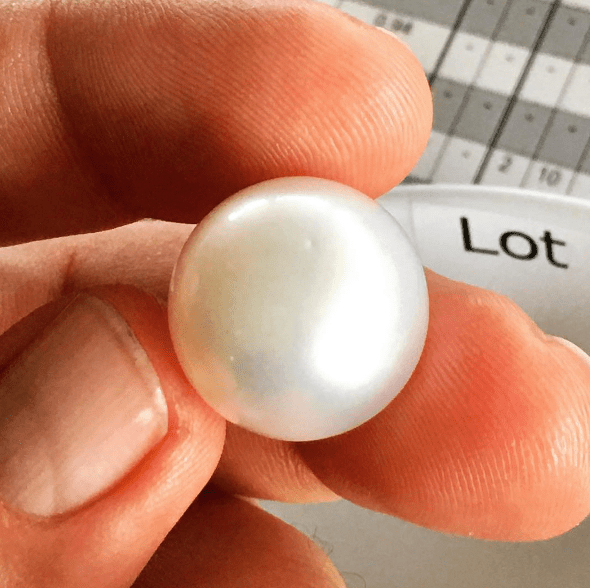When it comes to Akoya pearl grading, understanding the intricate process is essential for anyone looking to invest in these exquisite gems. Akoya pearls are renowned for their luminous beauty, but their quality can vary significantly. To make an informed purchase, one must grasp the principles of Akoya pearl grading. Let’s delve into this fascinating world of pearl evaluation.
Akoya pearls come in various sizes, shapes, and colors, making each one unique. The art of grading Akoya pearls helps consumers identify the quality and worth of these treasured gems. Whether you’re shopping for yourself or a loved one, knowing how Akoya pearls are assessed is a valuable skill.
The value of Akoya pearls is influenced by multiple factors, and understanding these criteria is crucial for making an informed decision.
The size of an Akoya pearl plays a significant role in determining its value. Larger pearls are generally more valuable than their smaller counterparts. However, size alone is not the sole determinant of worth; other factors must also be considered.
The round shape is the most coveted among pearls, including Akoya pearls. Their spherical perfection is rare and, as a result, commands a higher value than off-round or drop-shaped pearls. The pursuit of perfection leads to a premium in the world of pearls.
Akoya pearls are celebrated for their classic white, pink, golden, and black body colors. The dominance of these shades has made them highly sought after in the world of pearl jewelry. Additionally, the presence of rare overtones can further enhance a pearl’s value.
Luster is perhaps the most important factor when evaluating Akoya pearls. It is the luster that imparts a cultured pearl’s beauty. Professionals classify luster on a scale ranging from poor to excellent. A pearl with excellent luster possesses a brilliant, sharp, and distinct reflection, enhancing its overall appeal.
Surface quality is another crucial factor in Akoya pearl grading. While some surface characteristics may go unnoticed by the naked eye, others are more prominent and can impact a pearl’s value. Fewer blemishes and imperfections on the pearl’s surface equate to a higher overall value.
Nacre quality is closely related to luster but is a distinct factor. High-quality pearls feature a thick layer of nacre, which enhances luster and ensures the pearl’s durability. Nacre thickness and quality are essential considerations when assessing Akoya pearls.

Evaluating Akoya pearls is a meticulous process that demands skill, expertise, and a discerning eye. No two pearls are identical, and the differences between them often require a professional’s expertise to discern. The process involves examining several factors that contribute to Akoya pearl quality.
Pearl sorters embark on a daunting task when evaluating Akoya pearls. They must sift through thousands of pearls to categorize and re-categorize them based on their individual qualities. A single strand of perfectly matched pearls may require examining approximately 10,000 Akoya pearls.
Sorters meticulously examine each pearl to determine its quality. They use their expertise to categorize the pearls based on various criteria. This process ensures that each pearl falls within the appropriate category based on its unique attributes.
Akoya pearl quality is classified into several categories, each denoting specific quality standards. The primary factors that determine these categories are luster, size, shape, color, surface quality, and nacre quality. Let’s explore these categories in greater detail.

The Akoya pearl grading process involves several quality categories, each indicating different levels of pearl quality. Understanding these categories will empower you to make informed decisions when choosing Akoya pearl jewelry.

Several factors influence the grading of Akoya pearls, each contributing to their overall quality. These factors include:
The meticulous process of Akoya pearl grading significantly influences the value of these cherished gems. Understanding how each factor contributes to a pearl’s quality allows consumers to make informed decisions and select pearls that align with their preferences and budget. Whether you seek the pristine radiance of AAA-Grade pearls or the affordability of B-Grade pearls, Akoya pearl grading provides a structured framework for assessing these treasures from the sea.
Akoya pearls continue to captivate jewelry enthusiasts with their timeless elegance. Whether you’re looking for a classic strand of pearls or a unique pearl-accented piece, the world of Akoya pearls offers a wealth of options. With the knowledge of Akoya pearl grading, you can confidently explore the world of pearl jewelry and discover the perfect piece to adorn yourself or a loved one. The beauty and value of Akoya pearls make them a truly timeless treasure.
Find out more about pearl qualities from our video below:
Explore our exquisite collection of Akoya pearl jewelry and add a touch of timeless allure to your jewelry collection.
When shopping for Akoya pearl jewelry, it’s essential to consider the grading criteria, which include factors like luster, size, shape, color, surface quality, and nacre quality. A reputable jeweler will provide information about the pearls’ grade, allowing you to make an informed choice.
Yes, Akoya pearls are renowned for their exceptional luster. Luster is a crucial factor in evaluating pearl quality, and Akoya pearls are often classified as the most lustrous of all pearl types. Their radiant, sharp reflections set them apart in the world of pearls.
To keep your Akoya pearl jewelry looking its best, avoid exposure to harsh chemicals, perfumes, and excessive moisture. Gently wipe the pearls with a soft, damp cloth after wearing them to remove any residue. Store your pearls separately from other jewelry items to prevent scratches. Periodically restring your pearl strands to ensure their security and longevity.
Signup now and receive an email once I publish new content.